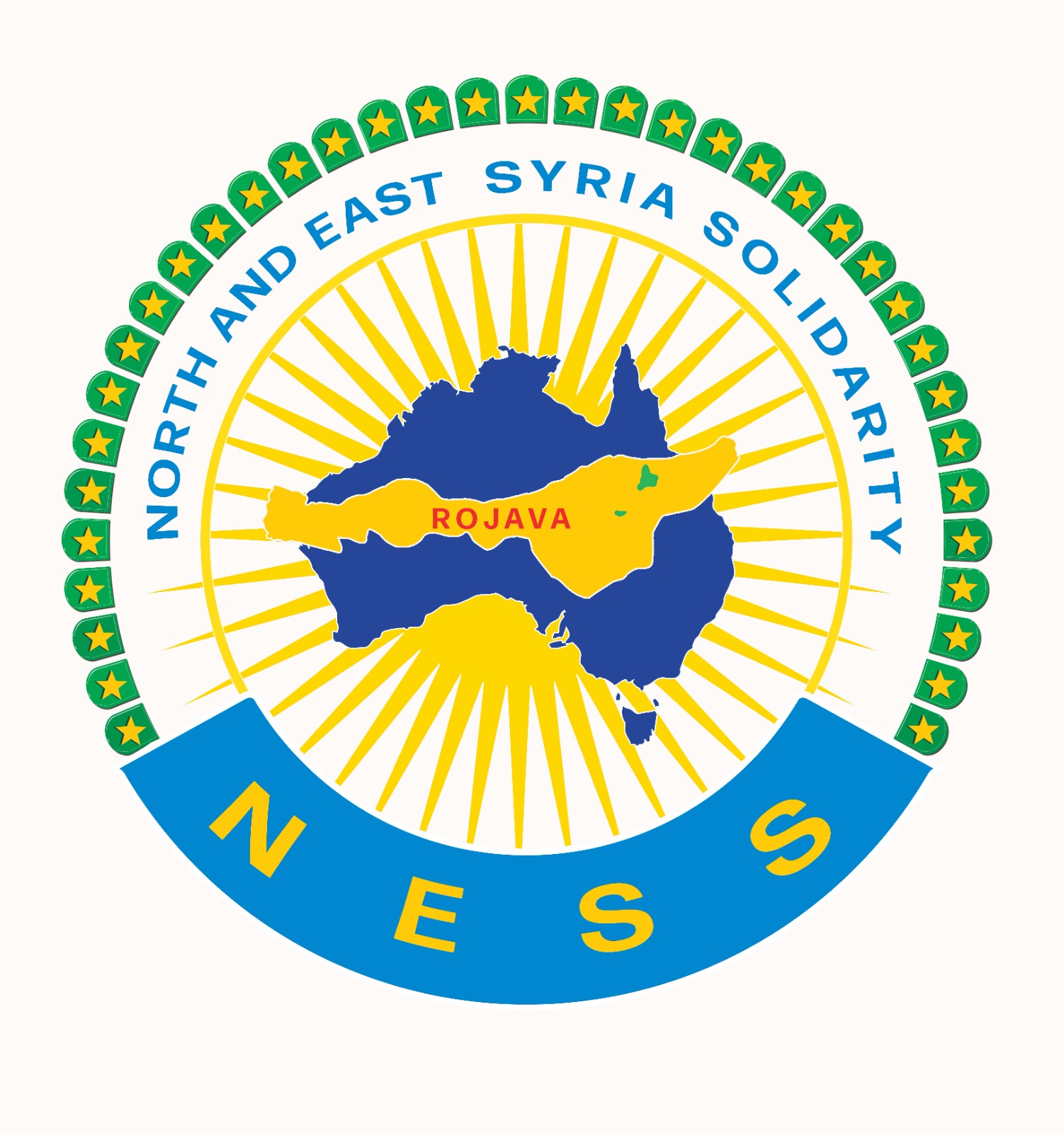Freedom for Abdullah Öcalan
The Kurdish leader Abdullah Öcalan, who was instrumental in establishing the PKK in 1978, has often been likened to South African anti-apartheid activist – and eventual President – Nelson Mandela.
Like Mandela, Abdullah Öcalan has been imprisoned on an isolated island for over 20 years; like Mandela, he is acknowledged as an inspirational and charismatic leader of an oppressed people; and like Mandela, Öcalan holds the key to peace and resolution of the long-term and brutal conflict in his country.
Curiously, it was while on his way to South Africa at the personal invitation of President Mandela – a well-known supporter of the Kurdish liberation struggle – that Abdullah Öcalan was kidnapped in what Kurds refer to as the International Conspiracy. On 15 February 1999, Öcalan was seized while on his way to Nairobi Airport from the Greek embassy in the Kenyan capital. Turkish intelligence, the MIT, was assisted by the CIA and possibly Israel’s Mossad and other countries. Öcalan was spirited back to Turkey and tried in a highly politicised judicial process later determined to be fundamentally flawed and unfair by Amnesty International, Human Rights Watch and the European Court of Human Rights. He was sentenced by a special security court to death, later commuted to life imprisonment.
Since his arrest, Öcalan has been detained on the prison island of Imrali in the Sea of Marmara, guarded by over 1,000 Turkish military. For most of the 23 years since, Öcalan has been the only prisoner on the island and has been kept in inhumane conditions of extreme isolation and deprivation, having no contact with family members or his lawyers for extended periods. Appeals for an end to this brutal and punitive detention regime from many figures and authorities worldwide have to date been to no avail – Öcalan remains at the whim of Turkey’s judicial and prison systems.
While in prison, and even from the time of his trial, Öcalan has undertaken research and writing on philosophy, politics and history, resulting in groundbreaking developments for the Kurdish freedom movement. Abandoning the Marxist-Leninist rhetoric of the movement’s earlier years, with its emphasis on the nation-state and state socialist economics, Öcalan critically examined many Western thinkers and was strongly influenced by the work of libertarian revolutionaries such as the American anarchist and social ecologist Murray Bookchin. The result was the theory of democratic confederalism, with a strong critique of both capitalist modernity and the authoritarianism and centralisation of state socialism, and commitments to a decentralised, non-hierarchical and autonomous society in which women’s rights, pluralism and respect for the environment are central.
Öcalan’s writings have been profoundly influential in the Kurdish freedom movement and among Kurdish society throughout Kurdistan and the diaspora; his theories have also been embraced by many leftists in countries around the world seeking new theoretical perspectives and inspiration. A democratic confederalist program was officially adopted by the PKK on 1 June 2005 at the 3rd General Assembly of the People’s Congress of Kurdistan (Kongra Gelê Kurdistan). In 2007 the Kurdistan Communities Union (Koma Civakên Kurdistan or KCK) was established to implement democratic confederalism throughout Kurdistan.
It is in Western Kurdistan (Rojava), or North and East Syria, that Öcalan’s theories have best been able to be implemented in practice. There, the emphasis on women’s rights has resulted in truly groundbreaking and ongoing change for millions of women; the focus on pluralism has seen people from many ethnic, cultural and religious backgrounds unite to defeat Islamic State and fight back against Turkish aggression; and the commitment to the environment has meant scarce resources have been prioritised for a wealth of ecological projects designed to rectify previous damage and “make Rojava green again”.
An international campaign has been gathering momentum in recent years, saying “The Time Has Come – Freedom for Abdullah Öcalan”. Though release under the dictatorial Erdogan regime may seem unlikely, political and social change in Turkey and elsewhere may result in conditions more conducive to Öcalan’s freedom. In this context, pressure from an international campaign, from respected figures, and from governments and international bodies worldwide, are critical to achieving freedom for Apo – as Öcalan is affectionately known by Kurds.
Please add your voice to this campaign by following the links below and taking action where possible:
- Endorse the statement at the Australian Freedom for Öcalan campaign
- Take various forms of action at the UK Freedom for Öcalan campaign
- Lots of resources at the International Initiative – “Freedom for Abdullah Öcalan – Peace in Kurdistan”
